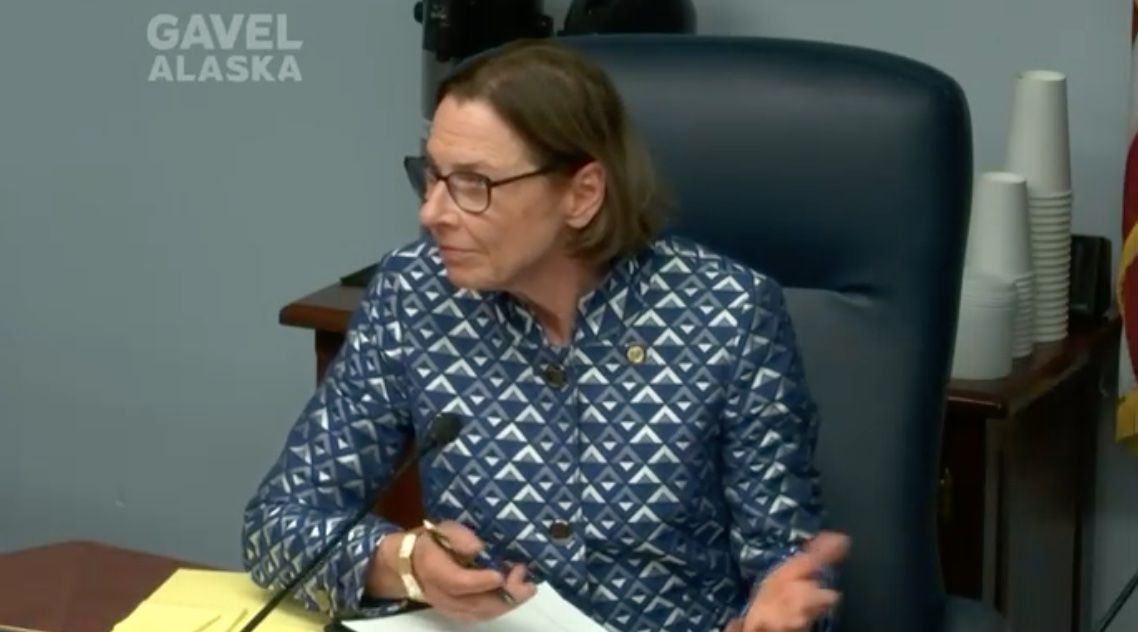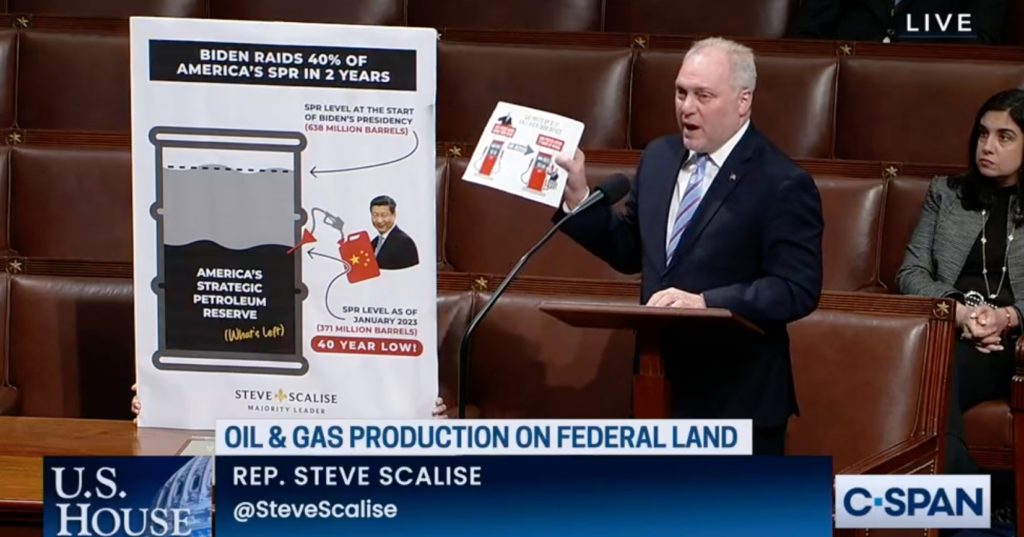Filthy Fuhrer, formerly Timothy Lobdell, 46; Roy Naughton, aka Thumper, 44; Glen Baldwin, aka Glen Dog, 41; Colter O’Dell, 30; and Craig King, aka Oakie, 57, were sentenced this week in Anchorage to life in prison without the possibility of parole.
The five were convicted of racketeering conspiracy, conspiracy in aid of racketeering, murder in aid of racketeering, kidnapping resulting in death, and kidnapping conspiracy.
Fuhrer and Naughton were also each convicted of an additional two counts of kidnapping conspiracy, kidnapping, and assault in aid of racketeering.
The men were leaders, members, and associates of the 1488s, a violent, prison-based neo-Nazi gang that operated inside and outside of state prisons throughout Alaska.
The 1488s used Nazi-derived symbols to identify themselves and their affiliation with the gang, including a 1488 “patch” tattoo that depicts an Iron Cross superimposed over a swastika. The tattoo was awarded to members who gained full membership by committing acts of violence on behalf of the gang.
The gang enforced discipline through written rules and a code of conduct, including the boast that “the only currency we recognize is violence and unquestionable loyalty.”
The trial testimony established that Fuhrer founded and led the 1488 gang from inside a maximum-security prison, where he was serving a 19-year sentence for the attempted murder of an Alaska State Trooper.
In addition to directing acts of violence aimed at establishing the gang’s dominance in the prison hierarchy, Fuhrer ordered members of the gang to commit violent kidnappings and assaults in the “free world” outside of prison.
As part of a plan to impose greater organization and structure among members who were not in prison, Fuhrer insisted on punishing members that he perceived to be defying the 1488 code of conduct. Fuhrer sent out a trusted lieutenant with a list of directives, which culminated in the kidnapping and assault of two lower-level gang members on April 2, 2017, and July 20, 2017, and the kidnapping, assault, and murder of Michael Staton on Aug. 3, 2017.
According to the trial evidence, on April 2, 2017, defendant Roy Naughton and other 1488 members, acting at the direction of Fuhrer, lured a victim to a gang meeting at Naughton’s residence. Once there, the victim was taken into a basement where he was held at gun point, tied up, and assaulted. As part of the assault, the gang members shattered a lightbulb in his mouth and tattooed him with a racial epithet. The victim was threatened with more violence if the incident was reported to police.
In addition, the evidence at trial demonstrated that on July 17, 2017, Fuhrer called Naughton from prison. During the call Naughton boasted about the April 2 assault and reported to Fuhrer that another member would be assaulted in the next few days. On July 20, 2017, a second victim was similarly assaulted and had his 1488 membership patch burned off.
Evidence also showed that in 2016 Naughton asked for and received permission from Fuhrer to impose exceptionally severe discipline on 1488 member Michael Staton, who held himself out as a member of the Hells Angels Motorcycle Club, for stealing from both the 1488’s and defendant Craig King.
Naughton, King, and defendants Glen Baldwin and Colter O’Dell worked with other 1488 members to locate, kidnap, and murder Staton. On Aug. 3, 2017, 1488 members, including Baldwin and O’Dell, lured Staton to Wasilla where they beat him and took him to King’s duplex. After arriving, Staton was taken to an empty room which had been lined with plastic sheeting. Inside the room King and the 1488s beat and tortured the victim, including cutting off his 1488 tattoo with a knife that had been heated with a propane torch. The defendants wrapped Staton in the plastic and carpeting, and Baldwin and O’Dell drove him to a remote section of Wasilla where they shot him and set fire to his body. O’Dell was awarded full membership in 1488s for his role in the murder.
“The United States Attorney’s Office will use every tool at its disposal to combat and dismantle violent criminal enterprises,” said U.S. Attorney S. Lane Tucker for the District of Alaska. “These life sentences reflect the seriousness of the defendants’ conduct in the maiming of two individuals and the brutal murder of a third, all in order to strengthen their hate-based criminal enterprise. We will continue to work tirelessly with our federal, state and local investigative partners to ensure those engaging in such loathsome crimes are caught and prosecuted to the fullest extent of the law.”
“With federal life sentences imposed on five defendants who were associated with a violent, hate-driven gang, Alaska’s law enforcement community has delivered a devastating blow to the 1488 criminal enterprise,” said Special Agent in Charge Antony Jung of the FBI Anchorage Field Office. “Dismantling violent, criminal organizations is a priority for the FBI, and a goal that is shared among our law enforcement and prosecution partners across Alaska.”
The FBI’s Safe Streets Task Force, and the Alaska State Troopers, Alaska Bureau of Investigation, investigated the case in conjunction with the U.S. Attorney’s Office for the District of Alaska and the Criminal Division’s Organized Crime and Gang Section (OCGS). Investigative assistance was provided by the IRS Criminal Investigation; the Bureau of Alcohol, Tobacco, Firearms and Explosives; the U.S. Postal Inspection Service, the U.S. Marshals Service, U.S. Immigration and Customs Enforcement’s Homeland Security Investigations, Anchorage Police Department (APD), and the State of Alaska’s Department of Corrections. Assistant U.S. Attorneys William Taylor, James Klugman and Chris Schroeder and Trial Attorney Jeremy Franker of OCGS prosecuted the case.








